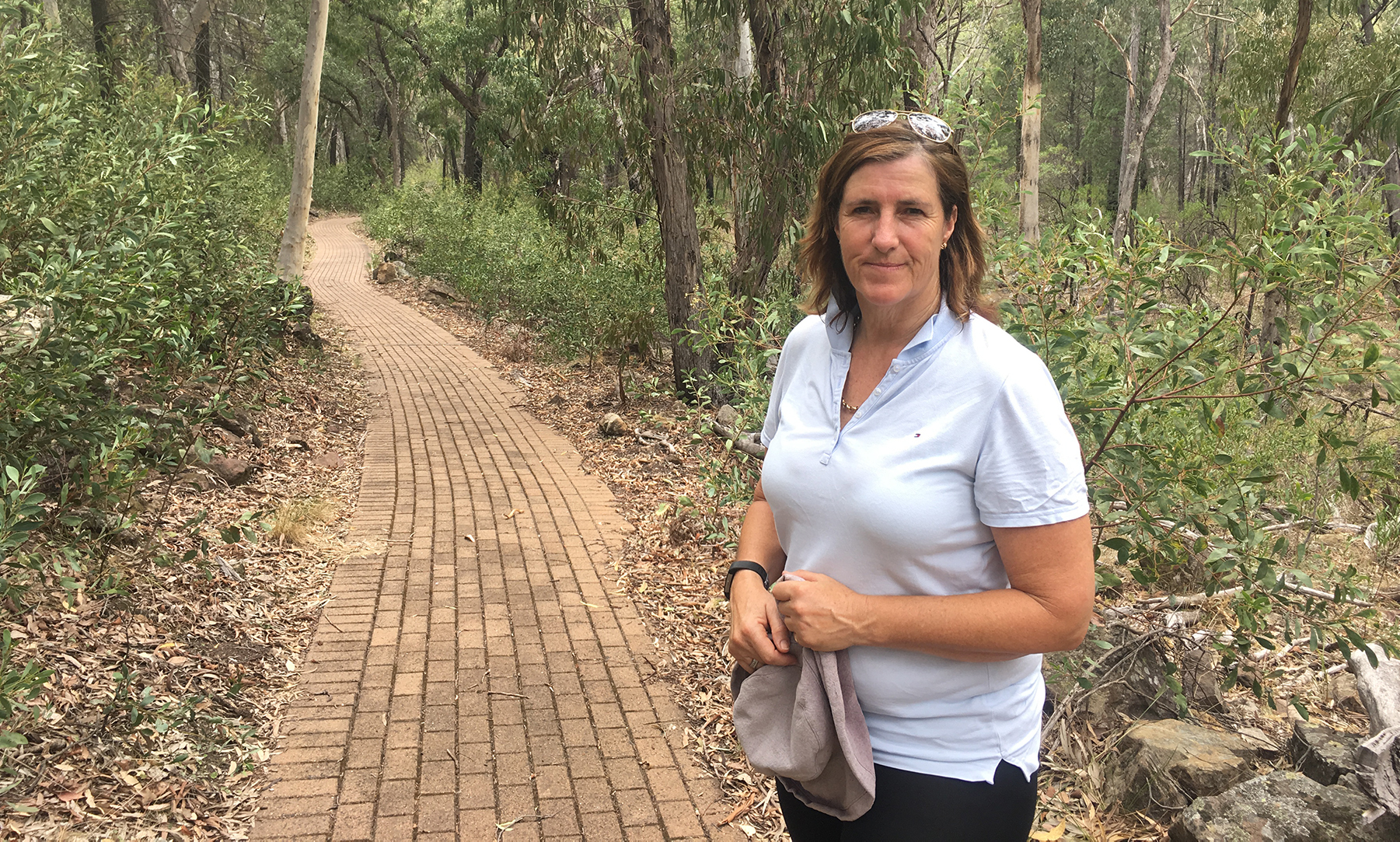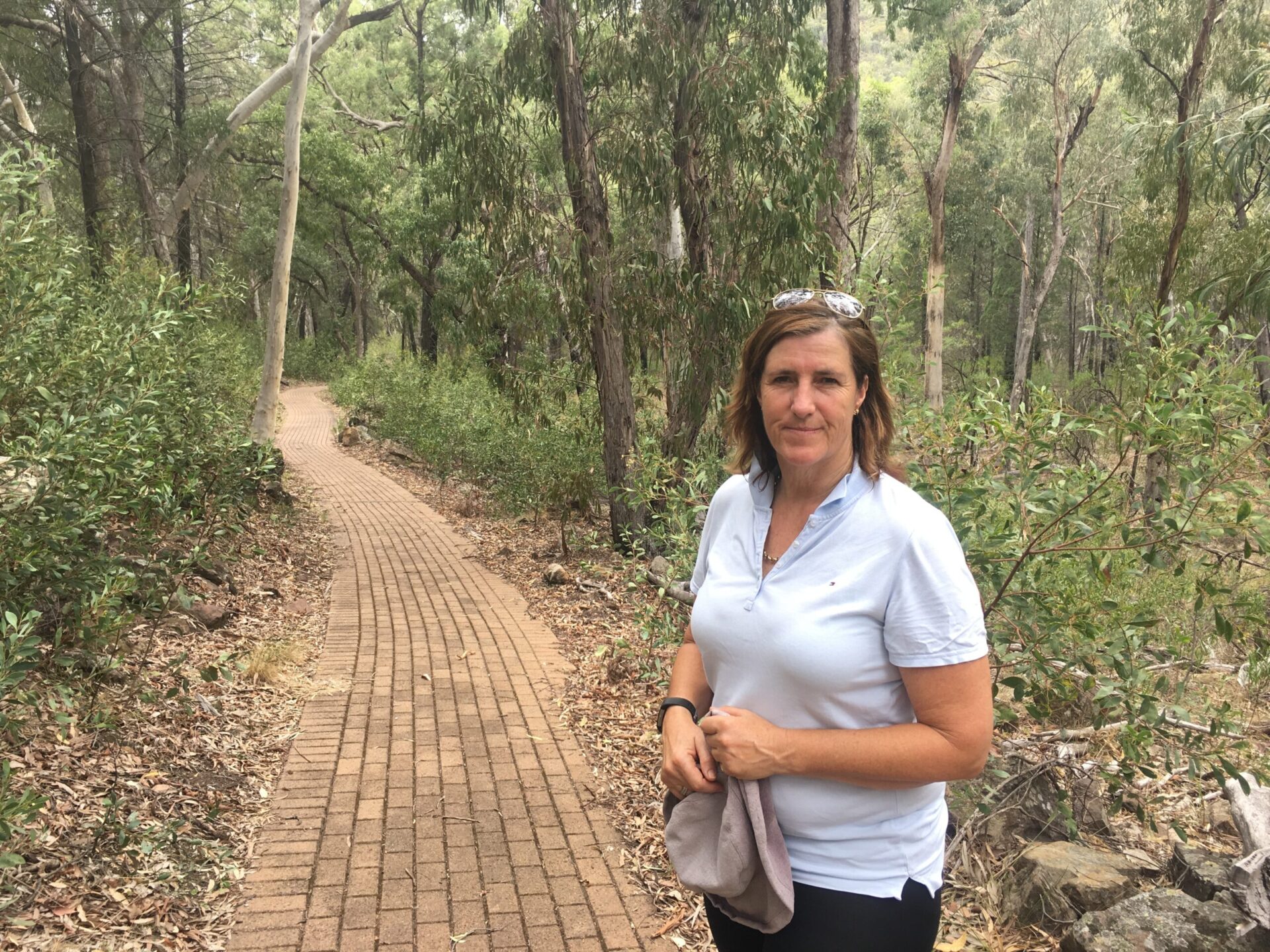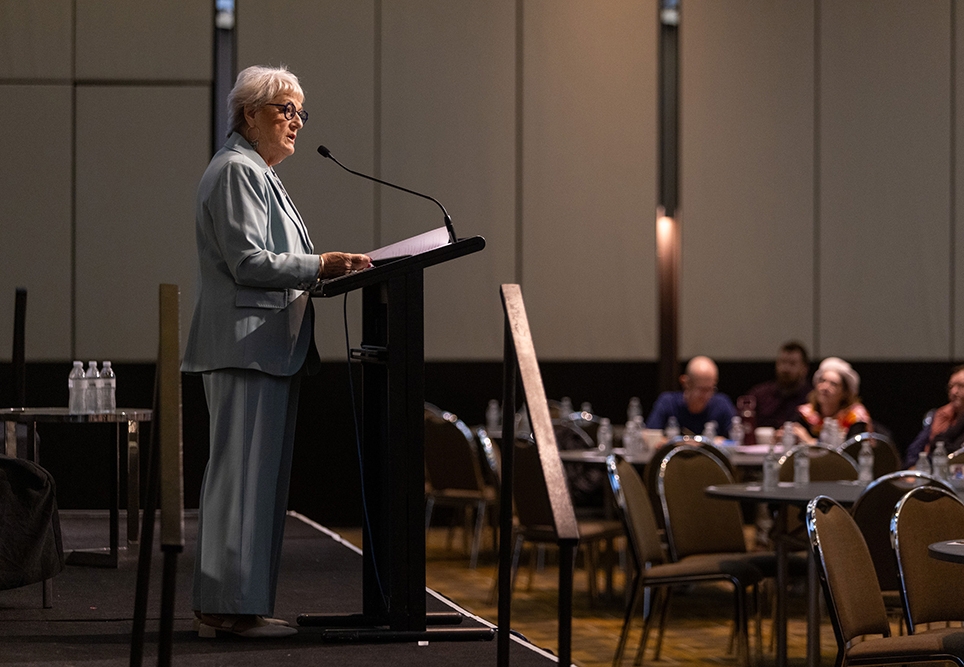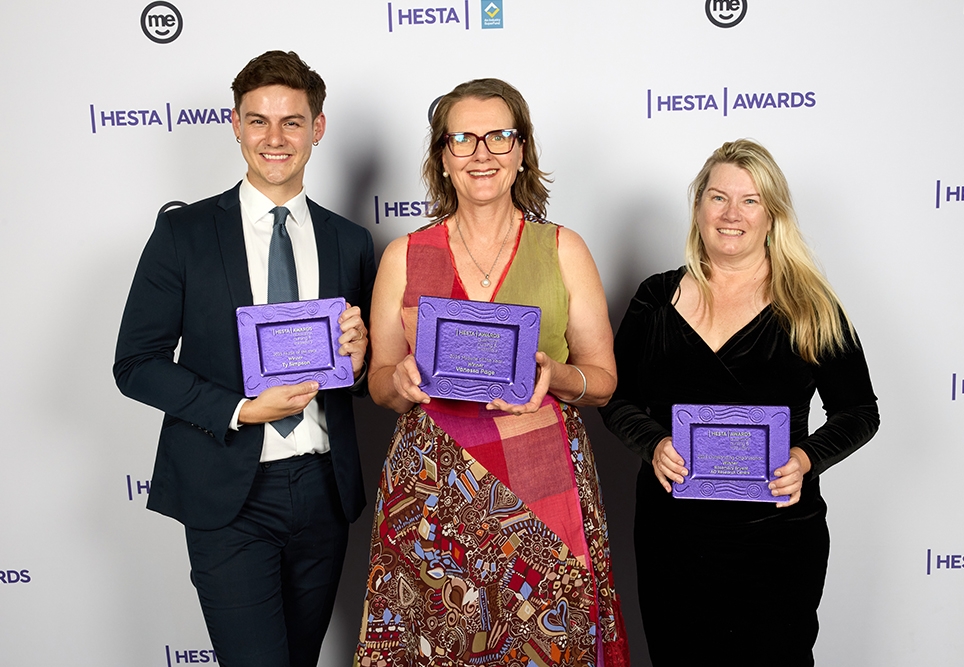“I’ve had a few roles.” Sophie agrees. “But being invited as a speaker at the 1991 conference is one of the most memorable. To be able to share my story – hell on earth for everyone involved – and to feel the support that CRANAplus gave me, strong and unending and out of the blue, I’ll never forget.”
Sophie came out to Australia from England in the 80s as a twenty-something Registered Nurse on a working visa and immediately decided she wanted to live here. Her first job was in a tiny community called Goodooga in New South Wales, almost on the Queensland border. Coming from the Cotswolds in England she knew rural. This was completely different, but there were horses, one of her loves. Then she moved to Wilcannia to work as a remote area nurse at a hospital with no resident doctor, but with access to the Royal Flying Doctor Service (RFDS) by radio and phone.
There was an incident with a tragic outcome. A young man died. What followed included a series of investigations and inquiries. It was a moment in time that pointed Sophie in the direction her nursing career has taken ever since.
“The case fed into my career and my life,” she says. “I knew I needed to learn from this experience. It told me I needed to be far more aware.” Sophie embarked on some serious studies at Charles Sturt University, achieving a Bachelor of Health Science (Nursing), followed by a Graduate Certificate in University Teaching and Learning, and then a Master of Clinical Nursing, focusing on mental health and drugs and alcohol. She taught at university, developing a mental health course, before returning to remote nursing.
“The case was in all the newspapers and CRANAplus approached me. That’s when I was introduced to the organisation. Sabina Knight was probably the first person to contact me and she was massively supportive. I don’t think I felt like running away, but I did need support – and I got it.
“I have always been prepared to talk about the case. It’s the only way to learn. We need to address cultural safety, issues around drug and alcohol.”
Sophie has worked for the past 11 years for Marathon Health, a non-government organisation, as a mental health nurse. She has run a youth program for disadvantaged youth from 14 upwards in and around Dubbo, a small town of less than 50,000 people. She also works closely with the justice system, with Aboriginal and non-Aboriginal people who have been incarcerated, who are in rehab, or who have mental health or drug and alcohol issues.
“Back in the 90s, the services were very few and far between and it was the general nurse providing the service. There are improved services, like the programs with Marathon Health running now throughout Western NSW. There is the ability to have short-term therapy, to get help with issues around alcohol and trauma.
“I don’t know, though,’ says Sophie, “if we have come that far with incarceration rules, deaths in custody. I don’t know if it has improved. How many of the recommendations have been enforced?”




